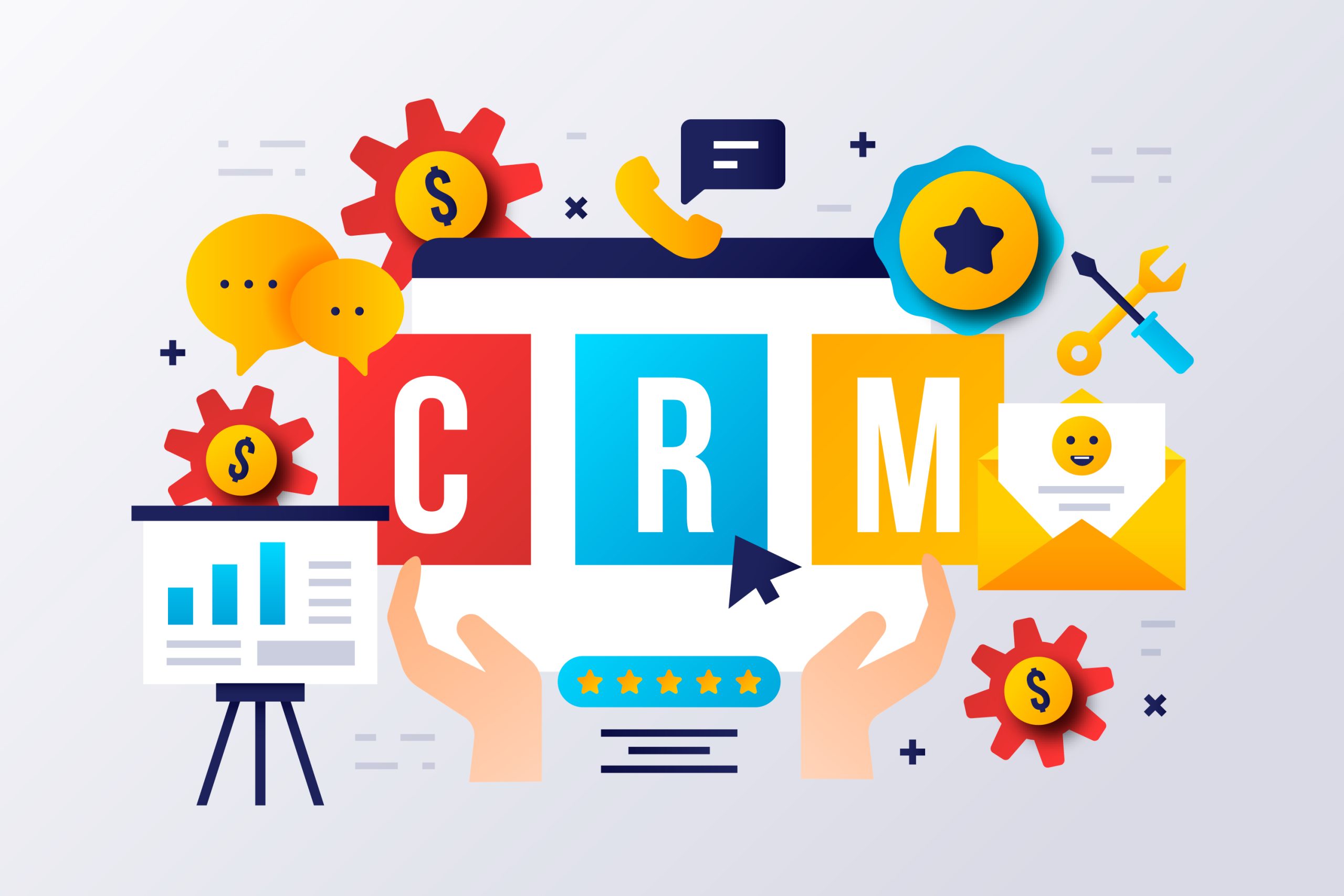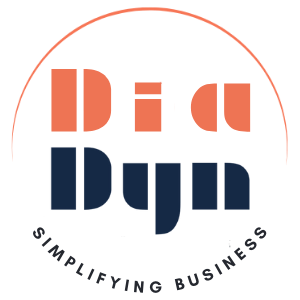
Customer Relationship Management (CRM) software is a powerful tool that helps businesses manage interactions with customers, streamline processes, and improve relationships. Whether you are a small startup or a large enterprise, CRM software can enhance customer satisfaction, boost sales, and improve productivity.
In this guide, we’ll explore what CRM software is, how it works, and why your business needs it.
What is CRM Software?
CRM software, or Customer Relationship Management software, is a technology solution designed to help businesses manage, track, and enhance their interactions with customers and potential clients. It acts as a centralized platform to store customer data such as contact information, purchase history, preferences, and communication records making it easily accessible for teams. Beyond data storage, CRM software automates and streamlines key processes like sales tracking, lead management, marketing campaigns, and customer support. It also provides analytics and reporting tools to uncover insights, enabling businesses to personalize customer experiences, improve retention, and drive sales growth.
Key Functions of CRM Software:
- Contact Management – Stores customer details, purchase history, and communication logs.
- Sales Automation – Tracks leads, automates follow-ups, and manages sales pipelines.
- Marketing Integration – Helps run email campaigns, track responses, and analyze customer behavior.
- Customer Support – Organizes support tickets, chat interactions, and issue resolutions.
- Reporting & Analytics – Provides insights into customer trends, sales performance, and team productivity.
Types of CRM Software
Depending on business needs, CRM software can be categorized into three main types:
- Operational CRM –Operational CRM focuses on automating and streamlining day-to-day customer-facing processes, such as sales, marketing, and customer service. It aims to improve efficiency by automating repetitive tasks and ensuring smooth interactions with customers at every touchpoint.
- Analytical CRM – Analytical CRM focuses on collecting, analyzing, and interpreting customer data to provide actionable insights. It helps businesses understand customer behavior, predict trends, and make data-driven decisions to improve strategies.
- Collaborative CRM – Collaborative CRM emphasizes communication and coordination between teams, departments, and even external stakeholders (e.g., vendors or partners). It ensures that everyone involved in customer interactions has access to the same up-to-date information.
Benefits of Using CRM Software
- Centralized Customer Data Management : CRM software acts as a single repository for all customer-related information, consolidating data from various sources into one accessible platform. This includes contact details, purchase history, communication logs (emails, calls, chats), and even social media interactions.
- Improved Customer Relationships : CRM software helps businesses build stronger, more personalized relationships with customers by providing insights into their needs, preferences, and behaviors.
- Enhanced Sales Efficiency and Revenue Growth :CRM software streamlines the sales process, helping teams work smarter, close deals faster, and identify opportunities for upselling or cross-selling.
-
Streamlined Marketing Campaigns : CRM software empowers marketing teams to create, manage, and analyze campaigns with precision, ensuring they reach the right audience with the right message.
- Better Customer Support and Satisfaction: CRM software enhances customer service by providing tools to manage inquiries, resolve issues quickly, and maintain high satisfaction levels.
- Data-Driven Decision Making : CRM software provides analytics and reporting tools to help businesses make informed decisions based on customer data.
What does a CRM system do?
A CRM system, or Customer Relationship Management system, is a powerful tool that helps businesses manage, organize, and optimize their interactions with customers and prospects. At its core, a CRM system centralizes customer data such as contact details, purchase history, and communication logs into a single platform, making it easy to access and analyze. It streamlines key business processes by automating tasks like lead tracking, sales forecasting, and email marketing, while also enhancing customer support through ticketing systems and live chat features. By providing actionable insights through analytics and reporting, a CRM system empowers teams to personalize customer experiences, improve retention, and boost sales efficiency. Whether you’re a small business nurturing leads or an enterprise scaling operations, a CRM system drives better relationships and business growth.
Final Thoughts
Choosing the right CRM software can transform the way your business manages customer relationships, streamlines workflows, and drives growth. Whether you are a small business or a large enterprise, investing in a robust CRM solution will help improve efficiency and customer satisfaction.
Ready to take your customer relationship management to the next level? Book a Meeting with Diadyn CRM experts today and find the perfect CRM solution for your business

